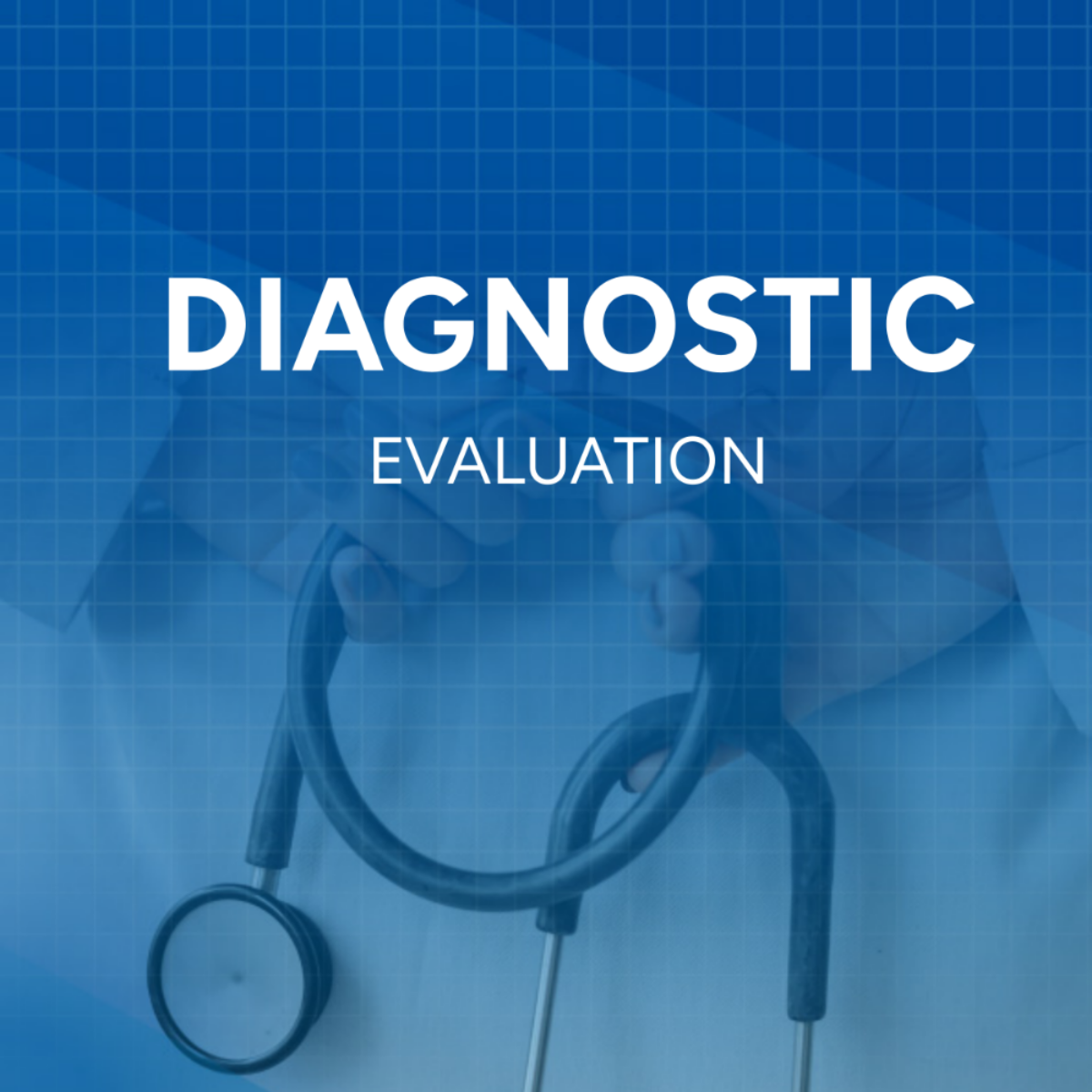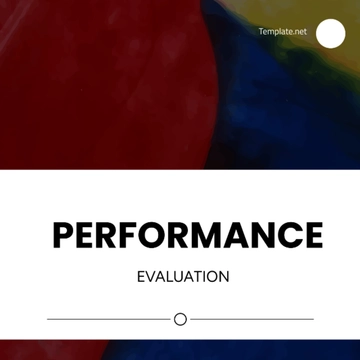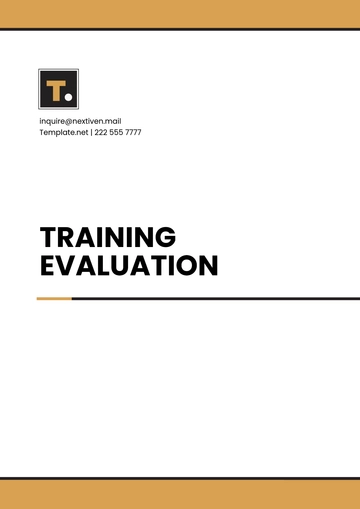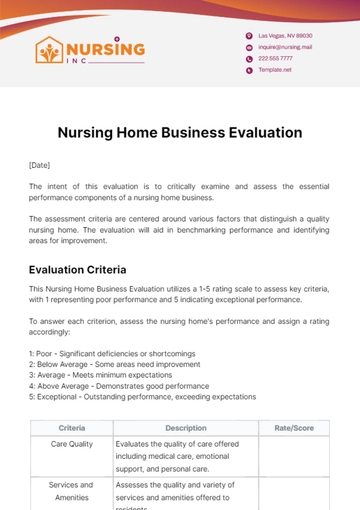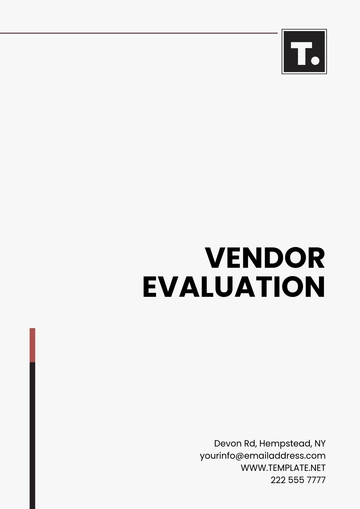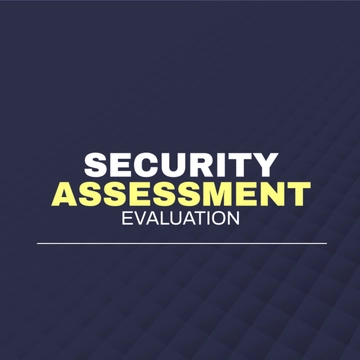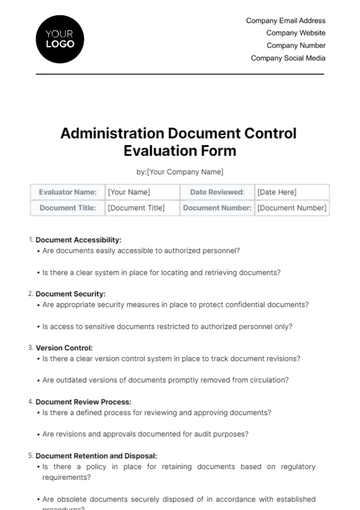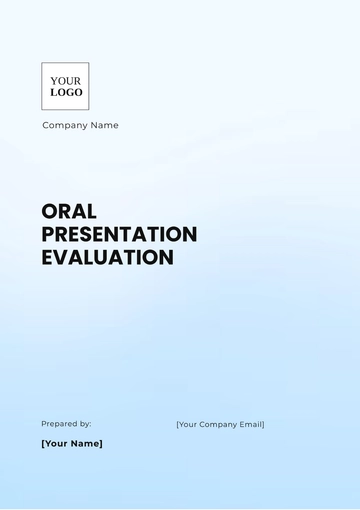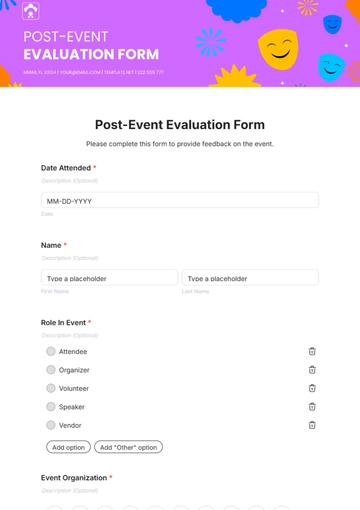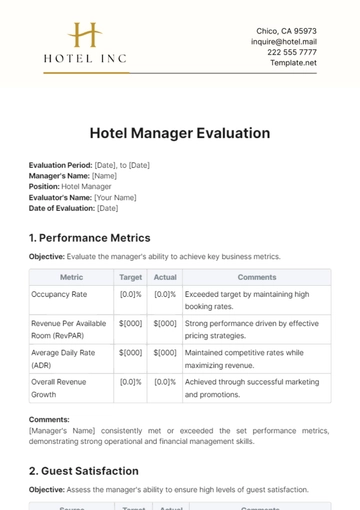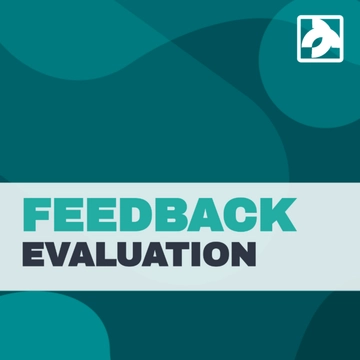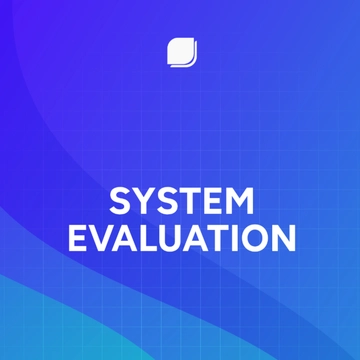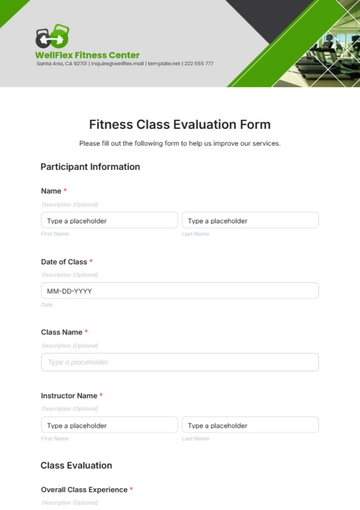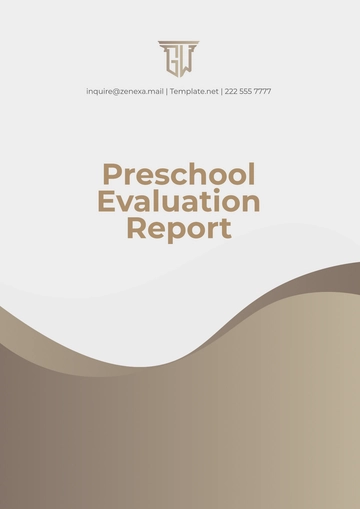Criteria | Description | Rating (1- Very Poor, 5- Excellent) |
|---|
Accuracy of Diagnosis | The healthcare provider's ability to accurately diagnose diseases or conditions through thorough evaluation, diagnostic testing, and interpretation of results. | |
The thoroughness of Assessment | The healthcare provider's capability to conduct a comprehensive evaluation of the patient's health, including medical history, physical examination, and consideration of relevant diagnostic tests. | |
Quality of Treatment Plan | The healthcare provider's proficiency in devising a well-informed, evidence-based treatment plan tailored to the patient's specific needs, preferences, and circumstances. | |
Empathy and Communication Skills | The healthcare provider's capacity to empathetically engage with patients, actively listen to their concerns and effectively communicate medical information in a manner that is easily understandable and empowers the patient in decision-making. | |
Timeliness of Care | The healthcare provider's efficiency in scheduling appointments, responding promptly to inquiries, and delivering treatment within reasonable timeframes, ensuring timely access to care. | |
Patient Satisfaction | Feedback from patients regarding their overall experience with the healthcare provider, including factors such as comfort, trust, respect for privacy, involvement in decision-making, and satisfaction with the care received. | |
Coordination of Care | The healthcare provider's ability to collaborate effectively with other healthcare professionals, specialists, and support staff involved in the patient's care, facilitates seamless coordination and continuity of care across different settings and services. | |
Adherence to Ethical Standards | The healthcare provider's dedication to upholding ethical principles and professional standards in all aspects of patient care, including maintaining confidentiality, respecting patient autonomy, obtaining informed consent, and avoiding conflicts of interest. | |
Patient Education and Empowerment | The healthcare provider's commitment to educating patients about their medical conditions, treatment options, preventive measures, and self-care strategies, empowering them to actively participate in managing their health and making informed decisions. | |
Cultural Competency | The healthcare provider's sensitivity to and understanding of the cultural, social, and linguistic backgrounds of diverse patient populations, adapting care delivery to meet their unique needs, preferences, beliefs, and values, and fostering effective communication and trust. | |
Clinical Outcomes | Objective measures of the effectiveness of the healthcare provider's interventions, including improvements in health status, symptom management, functional outcomes, patient-reported outcomes, and overall quality of life. | |
Innovation and Continuous Improvement | The healthcare provider's openness to adopting innovative approaches, incorporating evidence-based practices, staying updated on advancements in medical science, and actively participating in quality improvement initiatives to enhance patient care and achieve optimal outcomes. | |
